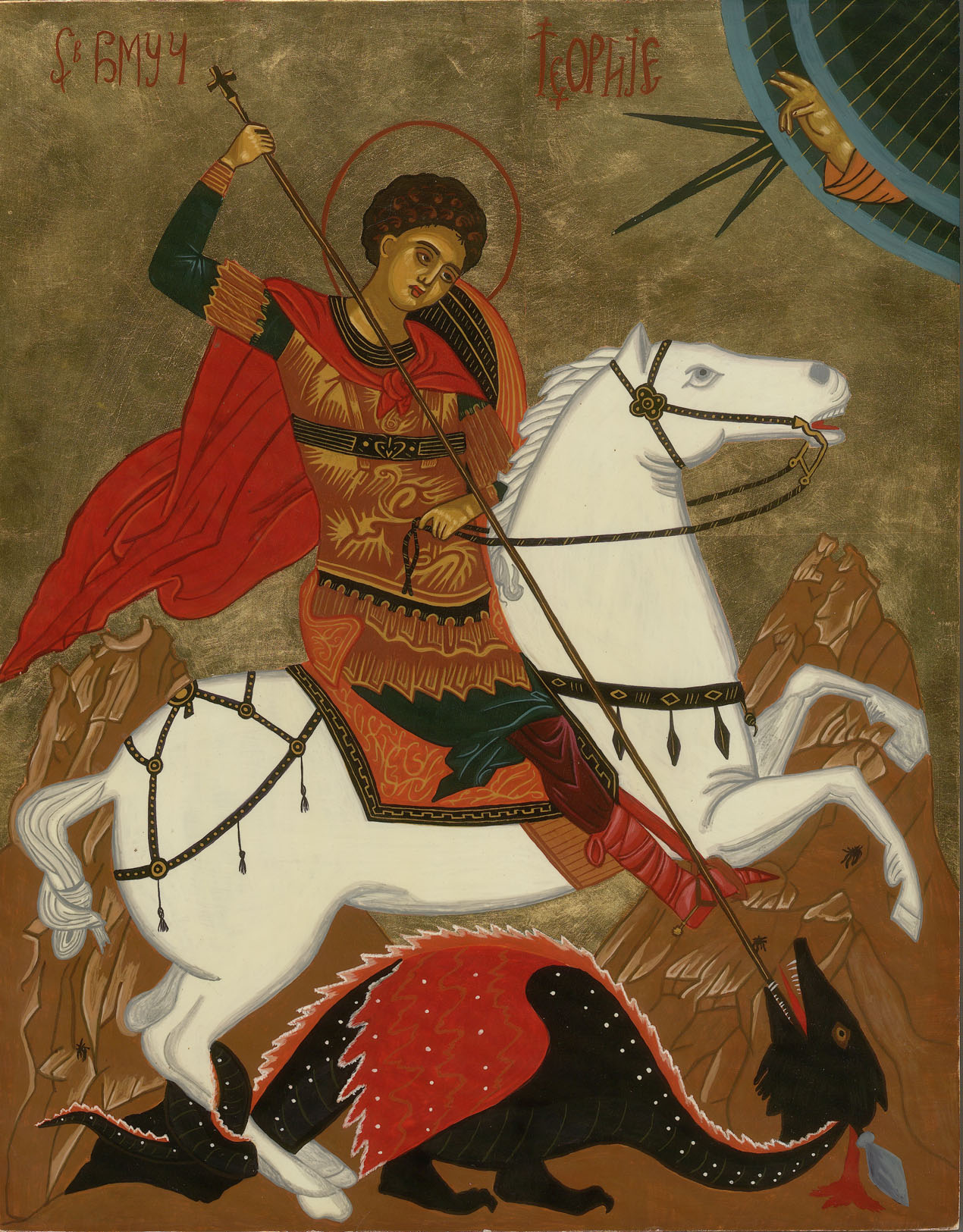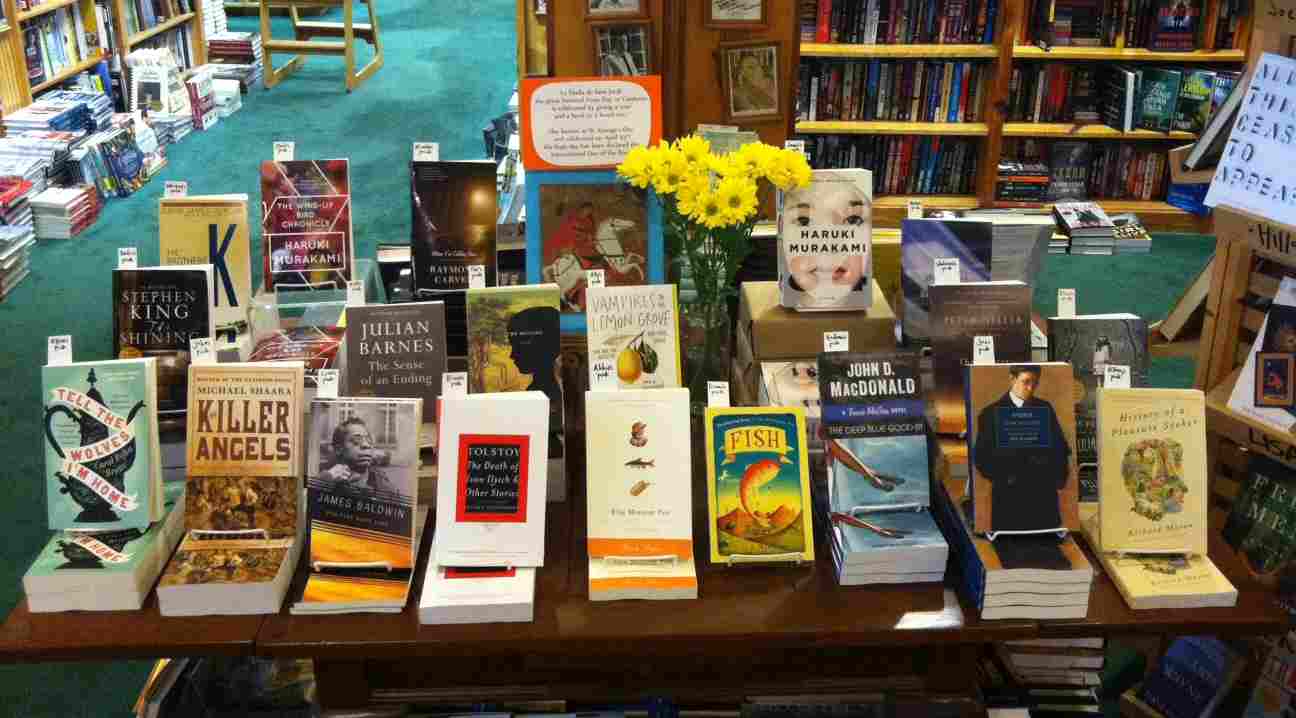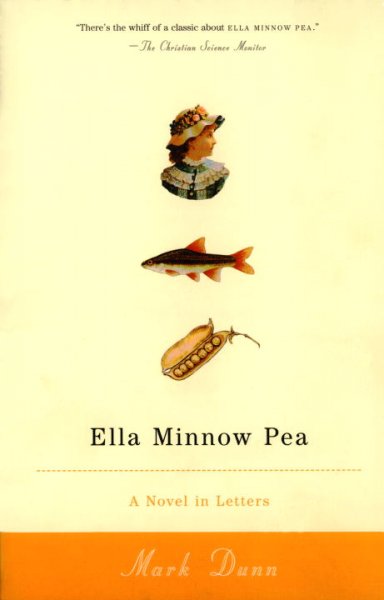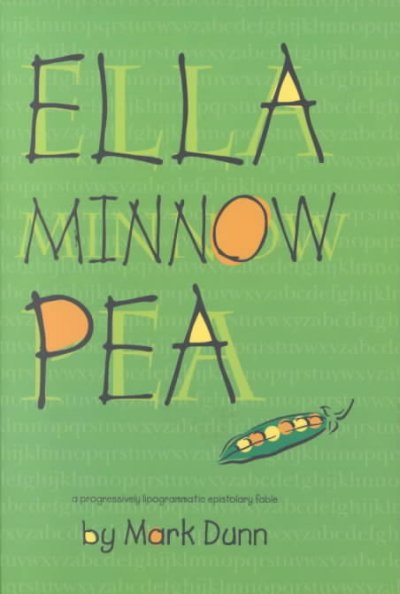By Katie Magee
Back in October, Nell Zink came to the store to sign and read from her new novel, Nicotine. If you know me, even though I’m eighteen, you know that I look like I am stuck inside the body of a twelve-year-old. So, Nell was about to read an tense, explicit scene from the beginning of Nicotine (which includes an “almost” rape scene) when she hesitated because “some people around look[ed] pretty young.” Knowing that she was obviously referring to me, I said, “I’ve already read it.” Kelly, one of the managers here at Lemuria, assured her that I am older than I look. Let’s just say my face got pretty red, I began to sweat a little, and I thought about that moment for the next week… or maybe two.

A lot like the main character in Nicotine, Penny, I felt a bit alienated. Penny has a hippie father, Norm, who has a cult-like following and a mother, Amalia, who was born into an Amazonian tribe. Penny recently graduated from business school and cannot help but feel like an outsider in her own far-out family. When Norm dies, Penny inherits his childhood home. Upon visiting the house, which has now been christened “Nicotine,” Penny discovers it has been taken over by a group of anarchist squatters who advocate for smokers’ rights.
The members of Nicotine welcome Penny as one of their own and she has absolutely no problem letting them remain in the house that is now technically hers. Feeling a bit like her spontaneous father, Penny decides to try out the lifestyle her father lived and loved for so long. Fulfilling her need to belong, Penny finds a community among the residents of Nicotine and other squatter-occupied houses in the neighborhood. Everything goes pretty well until the day Penny’s money-hungry brother, Matt, decides to try and seize the house for himself.
This house brings Penny’s family together, but also threatens to tear them apart. Penny gets stuck in between her old family and her new one, wanting to defend the residents of Nicotine as well as try to please the people who loved and supported her father for so long.
Nell has a beautiful way of throwing contrasting elements and feelings into a book and having them work out perfectly. Nicotine is a story about self-acceptance and materialism, about love and hate, about heartbreak and happiness. Nicotine is packed with family drama and surprising romantic relationships. It is a book full of lost souls trying to find their way in the world they live in.


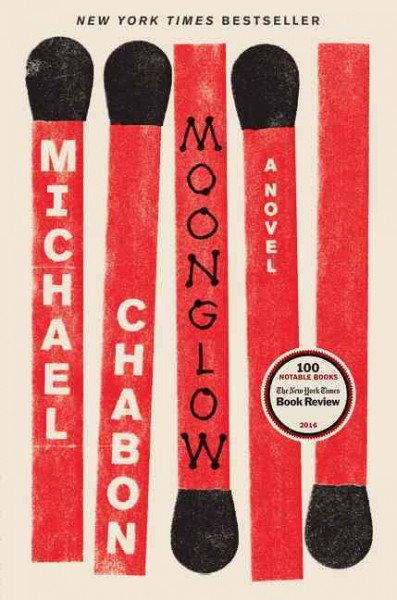 Michael Chabon has written a marvelous, lyrical, and haunting new novel,
Michael Chabon has written a marvelous, lyrical, and haunting new novel,  By that time, Chabon had published his first book, so his grandfather knows exactly the dangerous type of individual he was talking to. In the middle of the story, the grandfather comes to a memory that makes him question the value of this confessional enterprise. Chabon counters that at least it’s a good story, to which the grandfather replies: “Yeah?…You can have it. I’m giving it to you. After I’m gone, write it down. Explain everything. Make it mean something. Use of lot of those fancy metaphors of yours. Put the whole thing in proper chronological order, not like this mishmash I’m making you.”
By that time, Chabon had published his first book, so his grandfather knows exactly the dangerous type of individual he was talking to. In the middle of the story, the grandfather comes to a memory that makes him question the value of this confessional enterprise. Chabon counters that at least it’s a good story, to which the grandfather replies: “Yeah?…You can have it. I’m giving it to you. After I’m gone, write it down. Explain everything. Make it mean something. Use of lot of those fancy metaphors of yours. Put the whole thing in proper chronological order, not like this mishmash I’m making you.”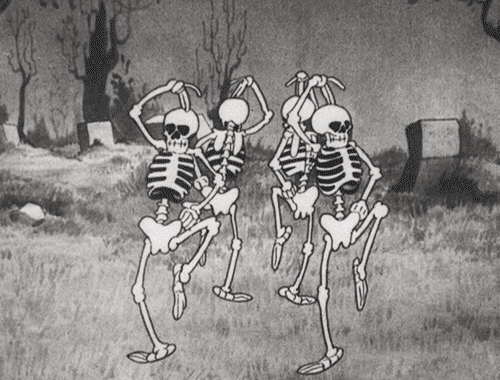
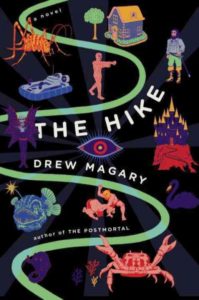 The first book I’d like to talk about is
The first book I’d like to talk about is 
 The second book I’d like to recommend is
The second book I’d like to recommend is 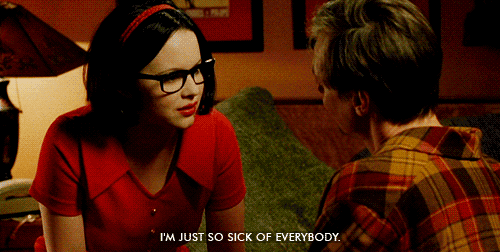 Set against the
Set against the 
 h of the country in order to spend the summer with their father in Virginia. The Keating and Cousins children are a formidable group who will leave their sleeping, hungover parents asleep in a motel while they, the children, claim the gun from the car, a bottle of liquor, and the Benadryl that one of them is required to keep on them at all times. More will be revealed about that situation if you read the book.
h of the country in order to spend the summer with their father in Virginia. The Keating and Cousins children are a formidable group who will leave their sleeping, hungover parents asleep in a motel while they, the children, claim the gun from the car, a bottle of liquor, and the Benadryl that one of them is required to keep on them at all times. More will be revealed about that situation if you read the book.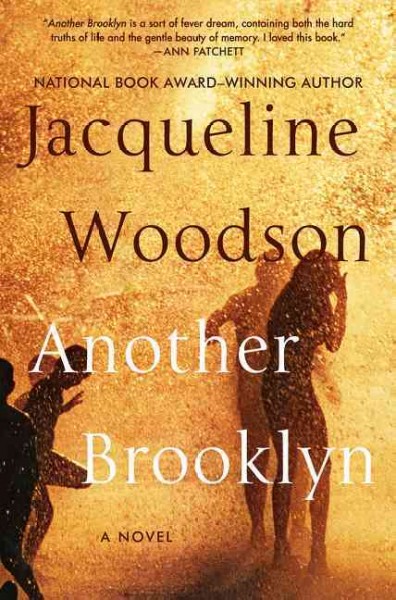
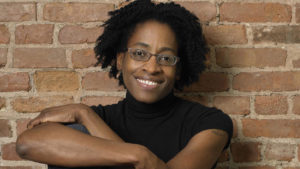
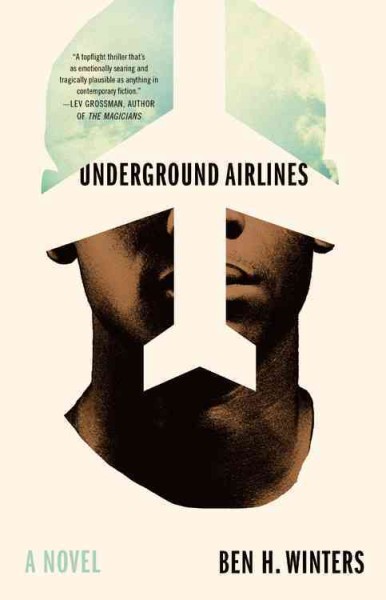 I was mesmerized by the idea since I saw the cover on the front of the July Indie Next flyer:
I was mesmerized by the idea since I saw the cover on the front of the July Indie Next flyer: 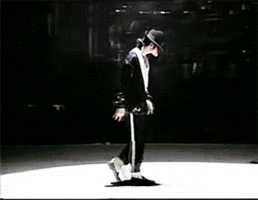
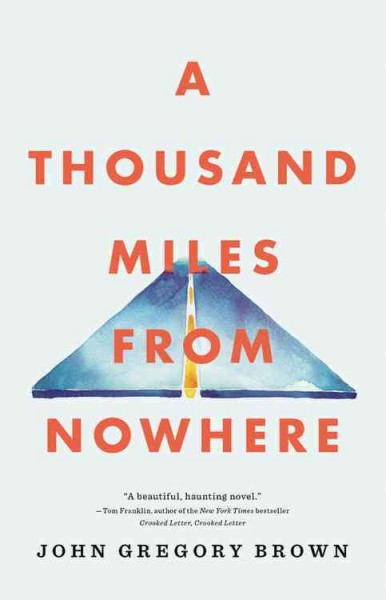 But if you live there, the pressures of the quotidian grind and the sum of your life choices catch up with you, just like everywhere else. If that’s where your problems have come to a head, the quietest, sleepiest city in North America will feel like a welcome escape, which is exactly the situation that Henry Garrett, the unwell protagonist of Brown’s A Thousand Miles from Nowhere finds himself in.
But if you live there, the pressures of the quotidian grind and the sum of your life choices catch up with you, just like everywhere else. If that’s where your problems have come to a head, the quietest, sleepiest city in North America will feel like a welcome escape, which is exactly the situation that Henry Garrett, the unwell protagonist of Brown’s A Thousand Miles from Nowhere finds himself in.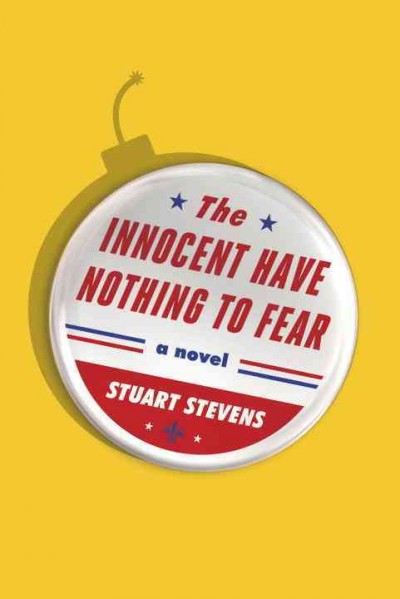 Instead of exiting New Orleans mid-breakdown, J.D. Callahan, the protagonist of The Innocent Have Nothing to Fear, reluctantly marches right back into it. He is there for the 2020 Republican National Convention, where he is trying to squeeze a moderate underdog candidate Hilda Smith into the nomination against nationalist Armstrong George (a thinly veiled, even tamped-down, satire of Donald Trump). His own breakdown revolved around a bad break-up from a news anchor girlfriend and a crack-up on Meet the Press. That might seem like a small obstacle compared to Henry Garrett’s, but the scrutiny of politics has a way of
Instead of exiting New Orleans mid-breakdown, J.D. Callahan, the protagonist of The Innocent Have Nothing to Fear, reluctantly marches right back into it. He is there for the 2020 Republican National Convention, where he is trying to squeeze a moderate underdog candidate Hilda Smith into the nomination against nationalist Armstrong George (a thinly veiled, even tamped-down, satire of Donald Trump). His own breakdown revolved around a bad break-up from a news anchor girlfriend and a crack-up on Meet the Press. That might seem like a small obstacle compared to Henry Garrett’s, but the scrutiny of politics has a way of 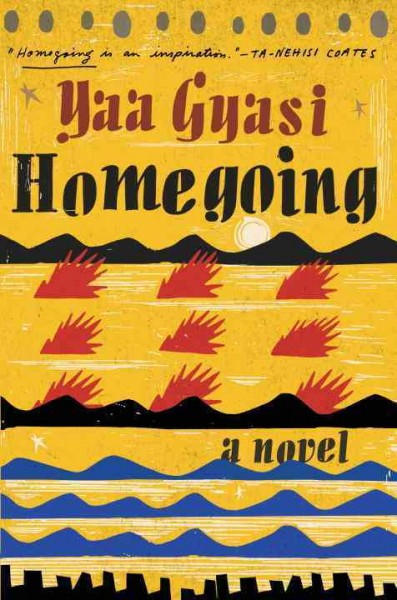 Homegoing
Homegoing